Story by Megan Myers
Two postdoctoral research associates at the Texas A&M College of Veterinary Medicine & Biomedical Sciences (CVM) have been recognized with 2020 Distinguished Graduate Student Awards from the Association of Former Students (AFS).
Dr. Keshav Karki, from Dr. Stephen Safe’s Molecular & Cellular Oncology Laboratory, and Dr. Alyssa Meyers, from the Sarah A. Hamer Laboratory, received awards for their significant research accomplishments and embodiment of Texas A&M’s core values.
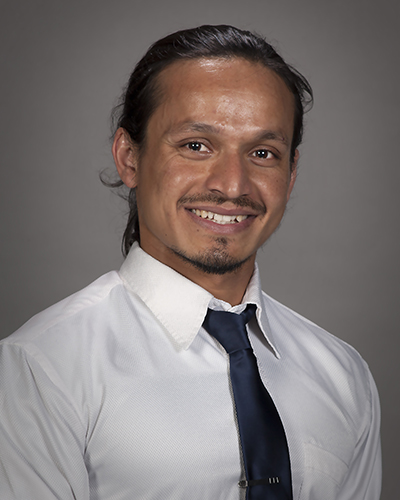
Dr. Keshav Karki
Karki earned his doctorate in toxicology in 2019 as a graduate student in both the CVM’s Department of Veterinary Physiology & Pharmacology (VTPP) and the Texas A&M Interdisciplinary Faculty of Toxicology.
He has coauthored 10 published manuscripts and presented his research, largely on the development of anticancer agents, at 11 local, regional, and national scientific meetings.
Most recently, Karki has been working with Safe, a Distinguished Professor and Karki’s faculty mentor, to target the NR4A2 and NR4A1 nuclear receptors as a means for treating glioblastomas, breast cancer, and endometriosis.
“Keshav’s Ph.D. research has been outstanding,” Safe said, “and his ongoing research projects, including development of an NR4A2 ligand for targeting PD-L1 (a protein that researchers believe may allow cancers to evade the host immune system) in glioblastomas, are also high impact studies.”
By helping develop a family of pharmaceutical compounds (C-DIMs) that bind and inactivate the NR4A1 and NR4A2 receptors, Karki’s research has been “instrumental in the recent licensing of this technology for future clinical development,” Safe said.
“Keshav has also been a role model for his colleagues in the laboratory in terms of his collaboration and mentorship and his willingness to help keep the laboratory functioning,” Safe said.
Once Karki completes his current research projects in the Safe Lab, he plans to transition into a position in the pharmaceutical industry.
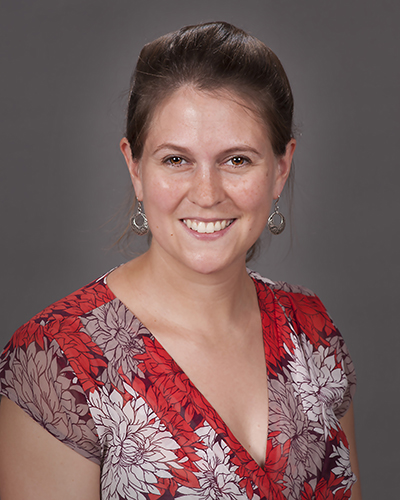
Dr. Alyssa Meyers
Meyers, who earned her doctorate in biomedical sciences in 2019, has received numerous awards for her accomplishments as a researcher and mentor.
Working with Hamer, her faculty mentor, Meyers has contributed to eight peer-reviewed published papers and has presented her research at 23 different regional, state, and national venues.
Meyers’ research in the Hamer Lab has focused on exploring vector-host-parasite interactions in the Chagas disease system. By studying populations of working dogs owned by the U.S. government, she has made great contributions to determining the burden of disease and clinical outcomes of infection.
“Her research has built bridges with government veterinarians, extension entomologists, the Institute for Infectious Animal Diseases (IIAD), the Department of Homeland Security, the Texas Department of State Health Services, and the Centers for Disease Control and Prevention,” Hamer said. “She has been a true research leader.”
While working in South Texas, Meyers discovered widespread exposure to Trypanosoma cruzi, the parasite that causes Chagas disease, among working dogs. She then did further work to characterize the various cardiac abnormalities in infected dogs, providing useful information for veterinarians and dog owners.
During her time at the CVM, Meyers has also devoted much of her time to mentoring undergraduate and graduate students. She was recently recognized with the 2019 Ethel Ashworth-Tsutsui Memorial Award for Mentoring from the Texas A&M organization Women in Science and Engineering (WISE).
“The positive culture in my lab and many of my team’s successes are directly attributed to Alyssa serving as a model student and setting a high level of productivity,” Hamer said.
Meyers plans to pursue a career in government service working on epidemiology research, outbreak investigations, and enacting public health practices based on science.
CVM alumna Dr. Lauren Lewis also received a 2020 Distinguished Graduate Student Award in the category of research. Lewis works at the Cambridge, Massachusetts, site of Takeda, a global research and development pharmaceutical company based in Japan, conducting research projects and developing models to improve safety evaluations.
The award recipients will each receive a framed certificate and custom gold watch from the AFS.
###
For more information about the Texas A&M College of Veterinary Medicine & Biomedical Sciences, please visit our website at vetmed.tamu.edu or join us on Facebook, Instagram, and Twitter.
Contact Information: Jennifer Gauntt, Director of CVM Communications, Texas A&M College of Veterinary Medicine & Biomedical Sciences; jgauntt@cvm.tamu.edu; 979-862-4216

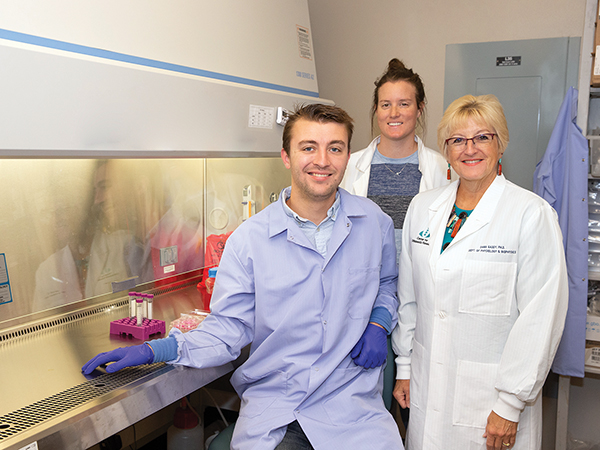
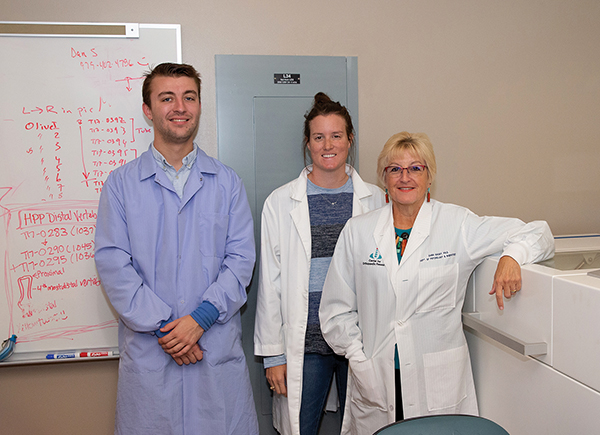
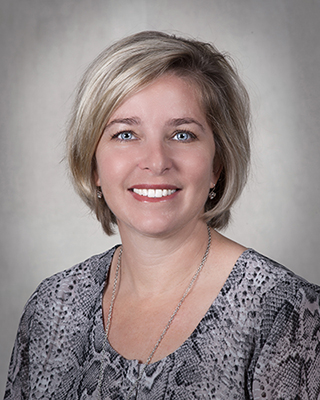
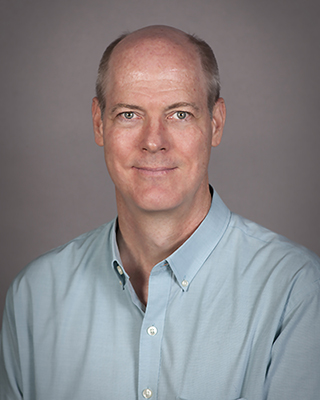
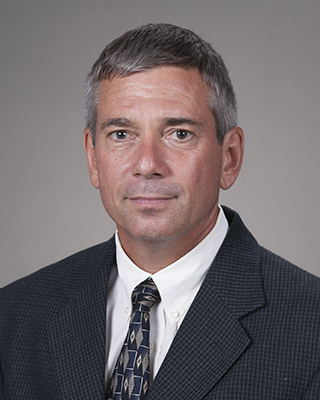

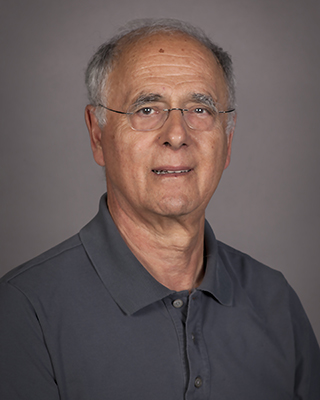
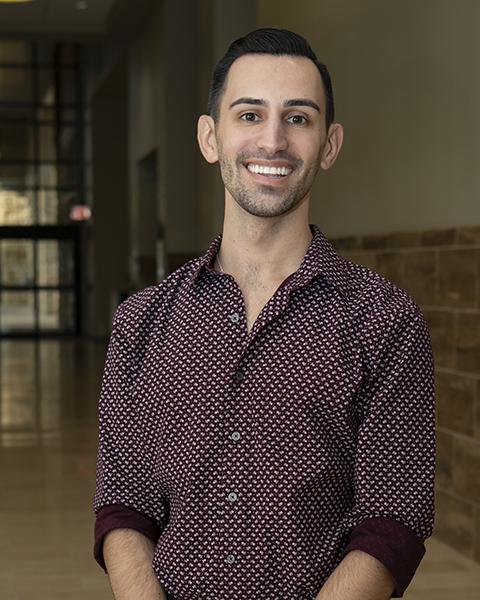 Alex Golden, a December graduate from the
Alex Golden, a December graduate from the 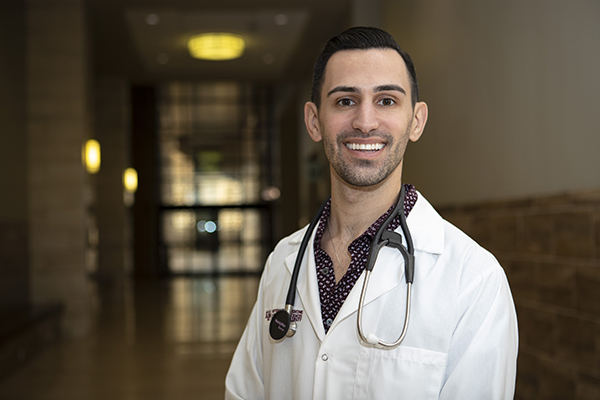 “It was really nice to learn about all of the ‘-ologies’ from a broader spectrum,” he said. “There’s a lot of comparative anatomy in this program, since it’s at the veterinary school. You get a more well-rounded view of things that could exist in the animal kingdom and then how you can extrapolate that into human medicine.
“It was really nice to learn about all of the ‘-ologies’ from a broader spectrum,” he said. “There’s a lot of comparative anatomy in this program, since it’s at the veterinary school. You get a more well-rounded view of things that could exist in the animal kingdom and then how you can extrapolate that into human medicine.